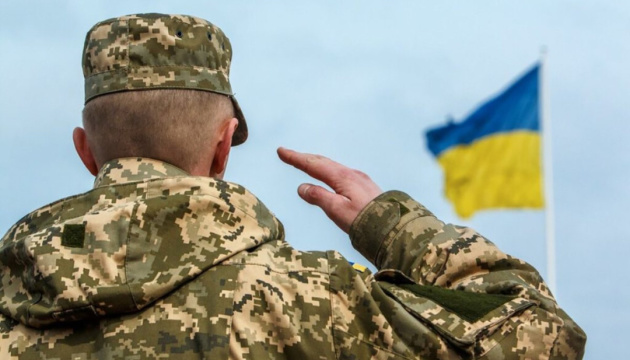Lawyer
Legal mechanisms for the return of cultural values stolen from museums during the war
1. International legislation
International law defines the basic principles of protection of cultural values. In particular, the 1954 Hague Convention on the Protection of Cultural Property in the Event of Armed Conflict and the 1999 Additional Protocol to it establish the obligations of states to protect cultural property and return it in the event of abduction. In addition, the 1970 UNESCO Convention on Measures to Prohibit and Prevent the Illicit Import, Export and Transfer of Ownership of Cultural Property, as well as the 1995 UNIDROIT Convention on Stolen or Illegally Exported Cultural Property regulate the procedure for the return of stolen cultural objects.
2. National legislation
The national legislation of each country determines the procedures for the protection and return of cultural values. In Ukraine, for example, the Law "On the Protection of Cultural Heritage" regulates the protection of cultural values and determines the procedures for the return of stolen objects. It is also important to interact with relevant state bodies, such as the Ministry of Culture, the Ministry of Internal Affairs, the Security Service of Ukraine, and others.
3. Consultation of a lawyer
Consulting a lawyer is an important stage in the process of returning stolen cultural values. A lawyer can provide detailed information on the legal aspects of returning such valuables, help with the preparation of the necessary documents and ensure communication with international organizations such as UNESCO. The consultation may also cover issues related to the search for stolen objects and their return at the national and international levels.
4. Analysis of documents
Analysis of documents is a critically important stage in the process of returning cultural values. A lawyer must carefully check all documents related to a specific case, including inventory acts, expert opinions, documents confirming ownership of cultural values, and other evidence. This will help ensure the objectivity and completeness of the investigation and avoid legal risks.
5. Legal opinion
A legal opinion is an official document drawn up by a lawyer based on the analysis of documents and legal norms. This opinion sets out the circumstances of the case, the legal qualification of the actions that fall under the definition of theft of cultural property, and recommendations for possible legal measures. A legal opinion can be used to justify the need to take certain measures to ensure the legality of actions and protect the interests of the state and owners of cultural values.
6. Legal opinion of the lawyer
The lawyer's legal opinion is aimed at solving the client's specific situation. The lawyer, evaluating the collected evidence and analyzing the legal norms, provides specific recommendations for the protection of the client's rights and interests, as well as actions in the event of legal conflicts. This may include advice on submitting applications to national and international courts, preparing documents for court proceedings and representing clients in court.
7. International cooperation
International cooperation is an important aspect in the process of returning stolen cultural values. Cooperation with international organizations, such as UNESCO, Interpol and others, can contribute to the effective search and return of stolen objects. It is also important to exchange information and coordinate actions between states to ensure the successful return of cultural assets.

































